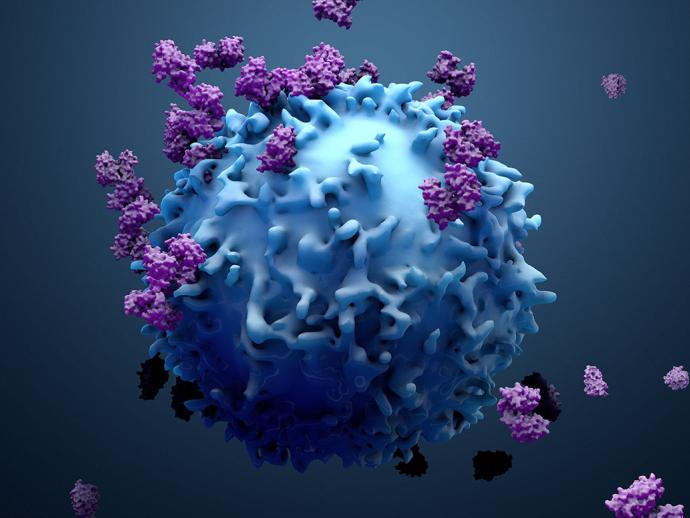
Have you ever wondered what it would be like to have a superpower? Something that would allow you to tackle even the toughest challenges with ease? For cancer patients, that superpower might just be immunotherapy.
As a cancer patient, you’re likely no stranger to the grueling process of treatment. From chemotherapy to radiation, the options can be overwhelming and the side effects debilitating. But what if there was a way to harness the power of your own immune system to fight cancer? That’s exactly what immunotherapy does.
What is Immunotherapy
Immunotherapy is a type of cancer treatment that uses the body’s natural defenses to combat cancer cells. It’s like having a personal army of superheroes fighting on your behalf. And the best part? It’s showing remarkable promise in treating various types of cancer.
So, how does it work? Immunotherapy works by amplifying the immune system’s natural response to cancer. It’s like giving your immune system a boost of energy to help it detect and destroy cancer cells more effectively. And the results are nothing short of astonishing.
In one study published in the New England Journal of Medicine, a combination of immunotherapy drugs resulted in a 61% response rate in patients with advanced colorectal cancer. That’s a staggering number, considering the current treatment options for this type of cancer.
But immunotherapy isn’t just limited to colorectal cancer. It’s also showing promise in treating melanoma, lung cancer, and even some types of blood cancer. And the best part? It’s generally less toxic than traditional cancer treatments, meaning fewer side effects and a better quality of life for patients.
So, why is immunotherapy such a game-changer? For starters, it’s a more targeted approach than traditional cancer treatments. Instead of blasting the body with chemotherapy or radiation, immunotherapy goes straight for the cancer cells, leaving healthy cells intact. It’s like a precision-guided missile, rather than a nuclear bomb.
And the potential for immunotherapy doesn’t stop there. Researchers are also exploring its use in combination with other treatments, like chemotherapy and radiation. It’s like a one-two punch, with immunotherapy amplifying the effects of traditional treatments.
Of course, there are still challenges to overcome. Cost and accessibility are two major hurdles, but researchers are working tirelessly to address these issues. And with the support of organizations like the Cancer Research Institute, the future of immunotherapy looks bright.
So, what does the future hold for cancer patients? With immunotherapy, the possibilities are endless. It’s like having a superpower in your back pocket, waiting to be unleashed. And as research continues to advance, we may see a future where cancer is managed like a chronic disease, rather than a life-threatening illness.
Conclusion
Immunotherapy is revolutionizing cancer treatment, offering new hope to patients and shocking scientists with its promising results. By harnessing the power of the immune system, immunotherapy is providing a more targeted and effective approach to combating cancer. And with ongoing research and support, the future of immunotherapy looks brighter than ever.
FAQs
What is immunotherapy?
Immunotherapy is a type of cancer treatment that uses the body’s natural defenses to combat cancer cells.
How does immunotherapy work?
Immunotherapy works by amplifying the immune system’s natural response to cancer, helping it detect and destroy cancer cells more effectively.
What types of cancer can immunotherapy treat?
Immunotherapy has shown promise in treating various types of cancer, including melanoma, lung cancer, colorectal cancer, and some types of blood cancer.
What are the side effects of immunotherapy?
Immunotherapy can have side effects like fatigue, nausea, and skin rash, but they are generally less toxic than traditional cancer treatments.
Is immunotherapy a cure for cancer?
Immunotherapy is not a cure for cancer yet, but it’s showing remarkable promise in treating various types of cancer. Continued research may lead to a future where cancer is managed like a chronic disease.
READ ALSO
- Dehydration: Signs of Dehydration
- See the Benefit of Fruits to your Health
- Tingling Toes? Feeling Weak? Unable to Walk? – Guillain-Barré Syndrome


